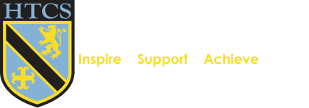Skill Acquisition and Tactical Introduction
- Football
- Rugby
- Handball
- Cricket
- Athletics
- Dance/Gymnastics
- Health and Fitness
- Swimming
- Table Tennis
- Volleyball
- Badminton
- Tennis
- Baseball
- Dodgeball
- Basketball
- Cooperative / Challenge Games
- OAA
- Sports Culture (including American Football, Gaelic Football and Kabaddi)
